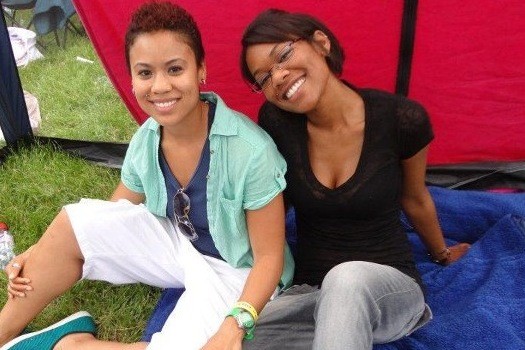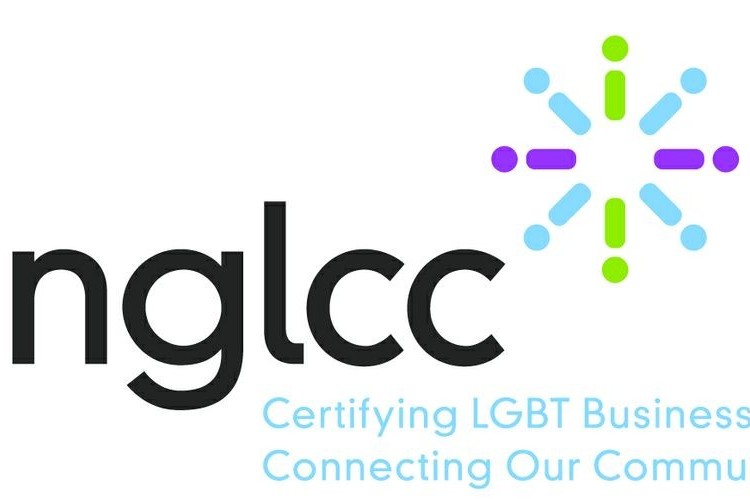

It’s Black History Month, or as I like to call it, Black Herstory Month! As, I thumbed through my stack of commentary on the topic; I came across an article on people of color (POC) presence in feminist movements. I was immediately reminded of seeing bell hooks and Melissa Harris-Perry in conversation back in November, discussing among many things Black Feminism.
I had initially bussed it from my home base of D.C. to the bright lights and big city of NYC to witness the Queer Fashion History Symposium. (See my glitter rage piece on the near complete exclusion of people of color. GURL BYE.) After deciding that day two of the symposium was out of the question, I instead sat in my feelings, observing the exchange between hooks and Harris-Perry.
“There are also people searching for ways of truly dissonant thinking and being, and trying to carve out different ways to live our lives. I think that’s especially attentive for black women because we haven’t as a group really carved out different ways to live our lives,” said hooks. It was then that I realized that in addition to being from completely different generations, careers and in many ways even different cultures, hooks and Harris-Perry were talking about the same topic in very different ways.
Black feminism has always supported the dismantling of sexist, classist, and racist systems of oppression, creating a movement around intersectionality—a nuanced experience typically ignored by larger western-white dominated feminist ideology. With roots going back as far as women’s suffrage, black feminists have consistently created a space for confronting prejudices. They were among some of the first to confront homophobia through organizations like the National Black Feminist Organization and The Combahee River Collective.
Just as the world has changed, so has Black Feminism. “Crunk Feminism” and Ratchet Feminism, which encourage embracing foundations of Black Feminism, as well as articulating individual interests, goals, and perspectives. “I love Toni Morrison, but I also love Love and Hip Hop Atlanta. We have to recognize those parts of ourselves that are complex,” Susana M. Morris, co-founder of the Crunk Feminist Collective, says of the group. “You can have crunkness and be into pop culture. You can listen to Lil Jon or Killa Mike and also be plugged into justice and equality.”
The Guerillera Collective creates a space using many of those Black Feminist foundations as well as modern ideals in the movement to create systems of support for feminists of color. They house a mini-clearinghouse of resources free of charge, including QPOC-friendly support hotlines, links to health and wellness organizations, and literature written for and by feminists of color. They are “reclaiming the space that the dominant culture doesn’t give to cis/gender non-conforming/trans womyn of color.”
Black Feminism can be accurately represented by an amazing quote from Mia McKenzie, the brain behind blog Black Girl Dangerous:
Today’s mainstream feminist movements are still so white, even though women of color are 36.3% of the women in the U.S. It’s why, even though ‘marriage equality’ is all over the news all the time, you rarely see lesbians of color, and you never see disabled lesbians or trans* lesbians on TV. Continuing to talk about “women” as this vagina-having-but-otherwise-unspecific group, rather than looking closer and breaking down the ways in which our specific experiences of the world are impacted by race, sexuality, etc., only perpetuates the inequalities we’re supposed to be trying to eradicate.
Black Feminism is inextricable from Black History because it honors a tenant rarely observed organically in social justice movements: using a foundation of many interrelated identities to create community.